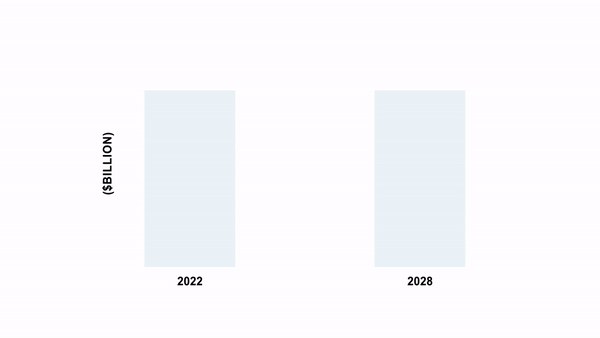
The global mycelium market is projected to experience growth fueled by the rising demand for sustainable materials and their significant role in promoting the circular economy.
According to the BIS Research report, the global mycelium market was valued at $2.85 billion in 2022 and is expected to reach $4.76 billion by 2028, growing at a CAGR of 9.39% between 2023 and 2028.

Thus, in the series of sustainability, EniferBio, a biotech startup based in Finland, has achieved a successful $12.97 million (€11 million) series A funding round. This funding will enable the company to expand the production of its Pekilo mycoprotein powder, offering a viable substitute for soy in aquafeeds.
The global population, which is growing in both size and prosperity, presents a significant challenge of doubling the protein supply by 2050. Meeting this demand while concurrently reducing CO2 emissions from the food value chain is a pressing issue faced by the world.
EniferBio asserts that it is not feasible to double the production of conventional animal- and plant-based proteins without causing severe environmental repercussions. To avoid such consequences, the world is in urgent need of novel and innovative protein sources.

Process of Developing Mycoprotein
Pekilo, a type of fungus, undergoes a specialized fermentation process to generate a dried powder with high protein content. This versatile powder finds numerous applications, including pet food and aquafeed. The original development of this process dates back to the 1960s in Finland, where scientists from the forestry industry aimed to produce cost-effective animal feed protein using by-products from the pulp and paper industry.
Leveraging an enhanced version of the same proprietary technology and fermentation process, EniferBio can transform by-products from various agricultural, food, and forest industry processes into Pekilo mycoprotein. This mycoprotein boasts protein levels up to 70 percent, along with 20-30 percent high-quality fiber, approximately 10 percent fats and minerals, and a notable concentration of vitamin B.
Importantly, the production process is efficient, minimizes water usage, requires limited land space, and avoids eutrophication often associated with traditional agriculture.
Notably, the retail sales of plant-based meat in the U.S. experienced a 7% growth, reaching $8 billion in sales in 2022. This data suggests that mycelium can serve as a promising alternative to conventional animal-based food products.
Interested to know more about the developing technologies in your industry vertical? Get the latest market studies and insights from BIS Research. Connect with us at [email protected] to learn and understand more.